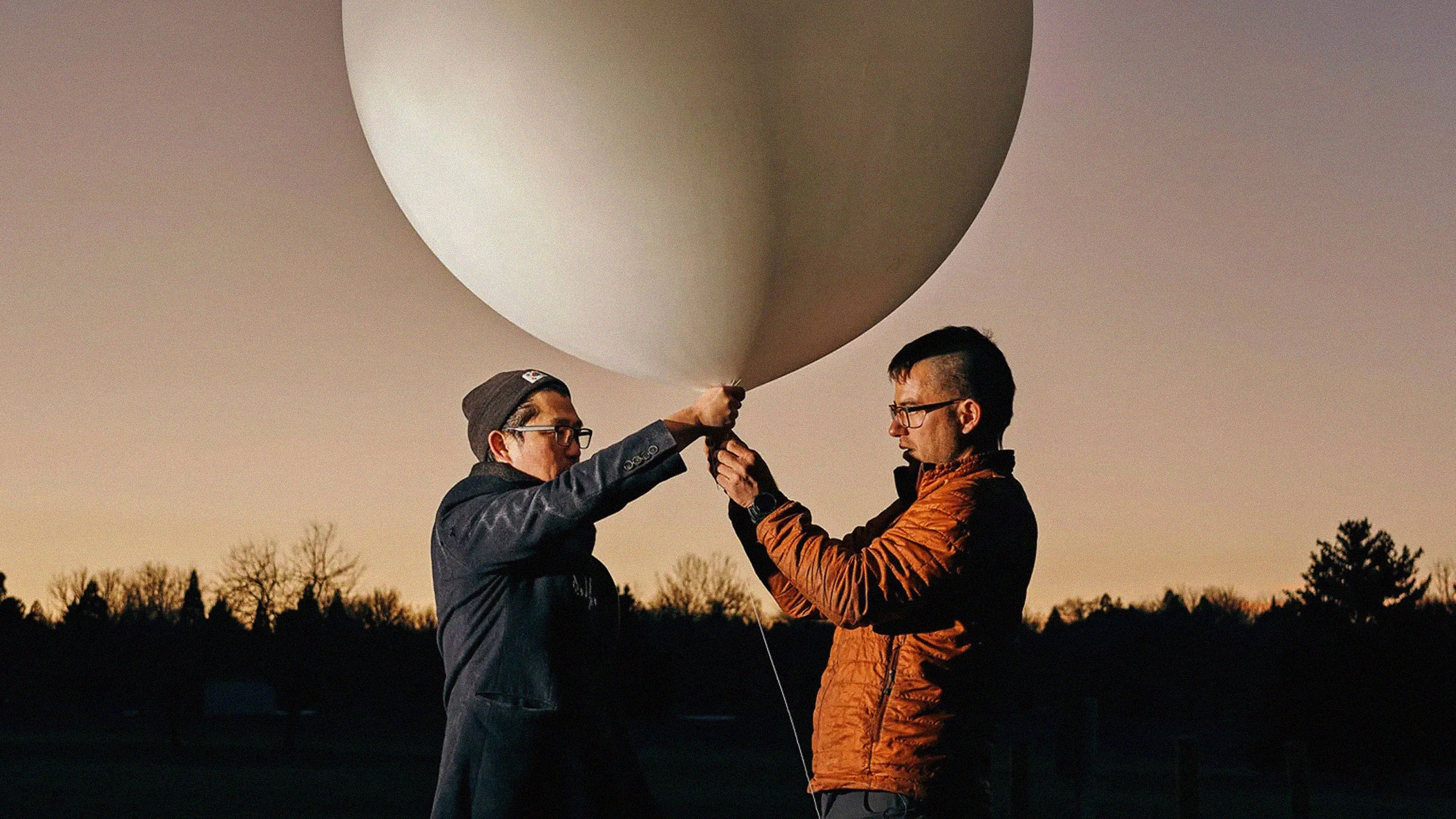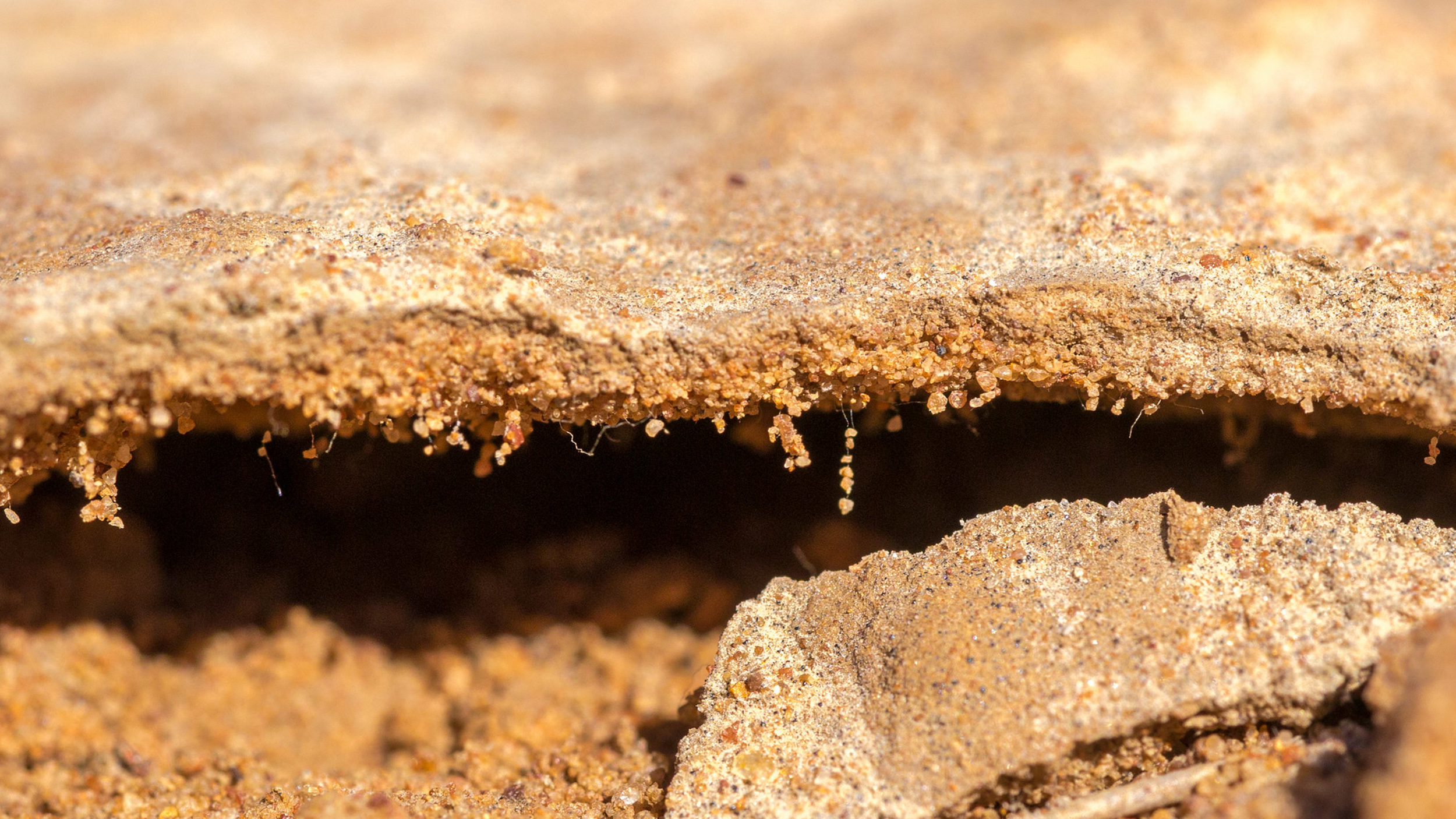Toilet paper is a giant waste of resources

Credit: Paul Hennessy / Echoes Wire/Barcroft Media via Getty Images.
- Toilet paper consumption is unsustainable and requires a tremendous amount of resources to produce.
- Americans use the most toilet paper in the world and have been hoarding it due to coronavirus.
- Alternatives to toilet paper are gaining more popularity with the public.
A surprising byproduct of the coronavirus pandemic has been its effect on the availability of toilet paper. Americans and shoppers across the globe have vacuumed supermarket shelves, stockpiling toilet paper and other paper products with pre-apocalyptic urgency. The resulting shortage places focus on toilet paper and the wastefulness involved in its production and disposal.
The numbers about toilet paper consumption are staggering. Around the world, the equivalent of 270,000 trees are flushed down the toilet or find their way into landfills every day. About 10% of that — the equivalent of 27,000 trees would be from toilet paper. That’s about 15 million per year. Per person, this adds up to about 384 trees over a lifetime.
Americans consume the most toilet paper in the world, using up about 34 million rolls per day. Annually, this amounts to about 36.5 billion rolls. Impressive numbers to say the least. Another important fact to consider is that as much as 70% of the world does not use toilet paper, so obviously there are other solutions.
The Scientific American reported it takes about 473,587,500,000 gallons of water to produce all that toilet paper for Americans and 253,000 tons of chlorine to bleach it. In terms of electricity, the manufacturing requires about 17.3 terawatts of electricity annually.
To break this down further, it takes up to 37 gallons of water to make a single roll of toilet paper. That same single roll of TP also requires 1.3 kilowatt/hours (KWh) of electricity and 1.5 pounds of wood to make.
This chart from Statista highlights 2018 data on toilet consumption around the world, with North America coming in decidedly ahead of other parts of the world.

In terms of per-country consumption, Germany, UK and Japan also use up a lot of toilet paper every year as this chart shows —

While Americans clearly love toilet paper, there’s no big danger of it truly running out any time soon, say the experts. The shortages we’ve all experienced are related to a spike in demand, but the overall pipeline is not affected and will continue to churn out the precious product.
What to do instead of toilet paper?
Install a bidet. You knew this option was coming. In light of the toilet paper shortages, Americans are actually showing more interest in adopting them, with bidet sales growing eight times. There are a number of great sustainable bidet companies like Tushy you can turn to. They also grow their toilet paper from bamboo and utilize no plastic wrapping. Bamboo is rapidly renewable and compared to regular trees, absorbs about 30% less carbon dioxide.
While bidets also incur some environmental costs from the use of water, on the whole they are significantly less resource-hungry and waste-producing than the process of making toilet paper. A bidet uses up about one eighth of a gallon of water to clean and flush.
Here are some more bidets ideas.
A few snapshots of the toilet paper crunch around the world:

A senior citizen gets the last pack of toilet rolls at Sainsbury’s Supermarket on March 19, 2020 in Northwich, United Kingdom. Photo by Christopher Furlong/Getty Images

Women buy toilet paper from tradesman in street market by the City Wall, Xian, China. March 14, 2020.
Photo by Tim Graham/Getty Images

Customers purchase toilet paper at a Target store in Orlando, FL during the panic shopping. March, 2020.Credit: Paul Hennessy / Echoes Wire/Barcroft Media via Getty Images





